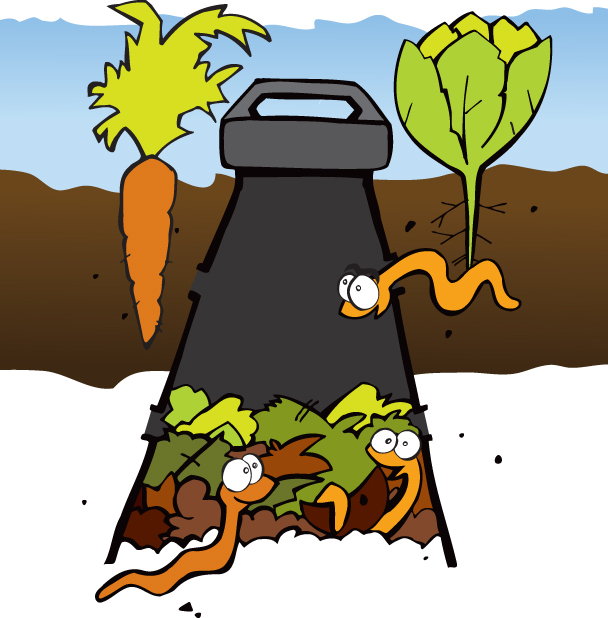
The Department initially announced plans to make $250 million in grants available but quickly doubled the available funding to $500 million to address rising costs and spur competition.įertilizer prices more than doubled between 20 due to many factors, including price hikes caused by the war in Ukraine, a limited supply of the relevant minerals, high energy costs, high global demand and agricultural commodity prices, reliance on imports, and a lack of competition in the fertilizer industry.įPEP is part of a broader effort to help producers boost production and address global food insecurity. USDA began accepting applications for FPEP in September 2022. The facility will utilize food scraps from local areas which will be a reliable base for this facility partnering with local municipalities and business. The nutrient dense product will be produced through compost drying and screening equipment to get large amounts of Food Safety Modernization Act (FSMA) compliant nutrient rich compost.īlack Earth Compost’s target market is to farmers in areas that typically do not have access to nutrient rich food scrap compost. The project involves the construction of a new composting facility on a four-acre portion of a large parcel formerly used as a t own l andfill.

“I’m thrilled to offer my congratulations to Black Earth Compost for their pursuit of the FPEP grant and to extend my gratitude for the benefits that I expect they’ll bring to our producers and consumers alike!” Soares, State Director USDA Rural Development Southern New England (serving CT, MA & RI). “The FPEP represents an important opportunity to not only strengthen our capacity for domestic fertilizer manufacturers but also to provide greater access by producers and resiliency of our local food systems,” said Scott J. The company collects organic waste, primarily food scraps, and turns it into nutrient rich compost that is used as a soil amendment that enhances soil health, water retention and productivity. In Massachusetts, $1,893,694 of the 29 million announced by Secretary Vilsack has been offered to Black Earth Compost, LLC in Gloucester, MA. The program supports fertilizer production that is independent, made-in-America, innovative, sustainable and farmer-focused. The Biden-Harris Administration’s Fertilizer Production Expansion Program is part of a government-wide effort to promote competition in agricultural markets. “By expanding the production of domestic fertilizer supplies, we can grow independent local businesses, bring production and jobs to rural communities and support fair prices for our farmers.” “The Biden-Harris Administration and USDA understand the importance of taking on the root causes and need to invest in the agricultural supply chain here at home to create a resilient, secure and sustainable economy for the long haul,” Vilsack said. Vilsack made the announcement at the 2023 Commodity Classic, the same event where he first unveiled the program a year earlier.

farmers more choices and fairer prices and reduce dependence on unreliable foreign sources like Russia and Belarus.

The grants will help independent businesses increase production of American-made fertilizer, which will spur competition, give U.S. USDA also announced the first $29 million in grant offers under the first round that focused on projects that can come online in the near term.

Department of Agriculture (USDA) Secretary Tom Vilsack today announced that the Department received $3 billion in applications from more than 350 independent businesses from 47 states and 2 territories for the first two rounds of a new grant program to add innovative domestic fertilizer production capacity.


 0 kommentar(er)
0 kommentar(er)
